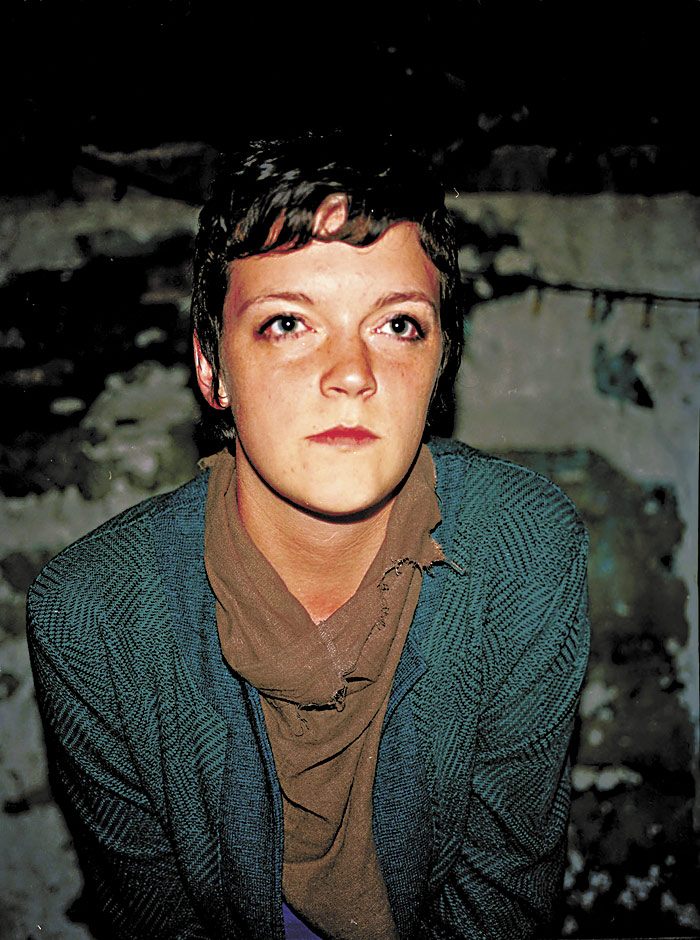Four years ago, Shenandoah Davis had decided against a professional music career. She’d spent the summer living in Portland, and almost didn’t return for her last year at the University of Northern Colorado, where she was studying opera and classical voice. “I knew I was just going to get my bachelor’s degree,” she says, “and work in a coffee shop or get a low-paying job so I can do whatever fun stuff I want.”
Davis never expected to feel that way. For 20 years, classical music was all she knew. Homeschooled until high school, the piano lessons she started taking at age 4 were her primary musical outlet. Her parents listened to little pop music, aside from “the Beatles, James Taylor, and John Denver,” Davis says. At 12, she bought her first CD—Hanson’s Middle of Nowhere—and per house rules, her parents had to listen to the album before she could.
“[My parents] didn’t really explain very many things to us growing up,” says Davis, the oldest of four children.
But that close-knit family gave her respect for commitment. Even though her musical tastes shifted—a friend gave her a Smiths album, and Davis joined an eclectic, multi-instrumental band—she stayed on the classical path until graduation. Then, two and a half years ago, she moved to Seattle from Colorado, where she’d lived since high school. New to the big city and living alone in a Pioneer Square loft, Davis turned to songwriting. She posted home recordings to her MySpace page, and unexpectedly Seattle took notice: She didn’t have enough material for a record, but she was being asked to play shows. Davis had to decide, again, if music was the right career for her.
This push and pull between obligation and freedom, and between classical sounds and modern pop, creates tension in Davis’ artful, harmonic music. It shows up in the lyrics to “Proof” on her album We; Camera: “Don’t want to tell you nothing/Till I am telling the truth.” Davis warbles in high registers on the album’s title track, but on “These Rocks,” she sings the way you imagine she would alone in her car: relaxed and steady. Within a single song, her piano fluctuates between energetic verses and sparse refrains. She admits that her songwriting process is a struggle: “I’ll get two-thirds of the way through [a song], and then you need to have this moment of analysis, where you doubt all of the work you’ve just done.”
Davis, now 24, is sticking with pop music—writing her own songs and performing as a member of Grand Hallway—because, unlike opera, it just doesn’t feel like work to her.
“I don’t want it to become my job,” she says. “Because everyone has days when they wake up and don’t want to go to their job. Right now, I still want to write music all the time, and I really don’t want to destroy that.”






